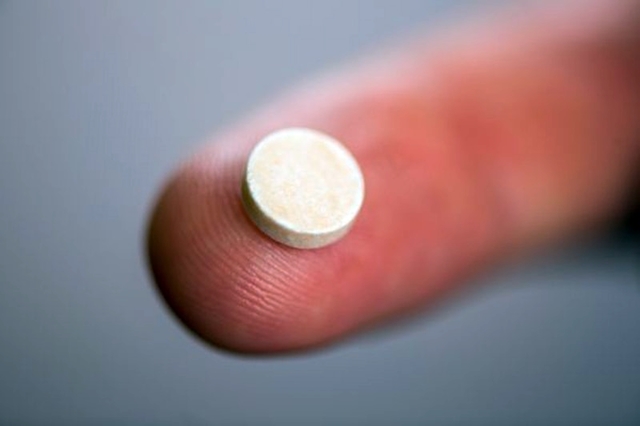20 March 2018. Drug maker Novartis is licensing from a lab at Harvard University a biocompatible material designed to provide delivery of treatments that invoke the immune system to fight cancer. Financial aspects of the collaboration and licensing agreement between Novartis, in Basel, Switzerland, and Harvard University’s Wyss Institute, a biomedical engineering research center, were not disclosed.
David Mooney, one of the Wyss Institute’s core faculty, studies the way materials simulate environments that encourage or limit signals among cells in the body. A top priority of Mooney’s lab is materials that support the immune system in fighting cancer, with the goal of boosting the effectiveness of emerging cancer therapies harnessing the immune system. Earlier this month, Science & Enterprise reported on tests in lab mice of a biocompatible material designed by Mooney and colleagues that loads up with proteins from a patient’s tumors to induce immune reactions that fight cancer.
Novartis is licensing a technology from Mooney’s lab that performs similar functions. In this case, a sponge-like biocompatible and degradable polymer like that used in sutures is about the size of an aspirin tablet, and infused with inactivated antigens, substances stimulating an immune response, from a patient’s tumor. The polymer sponge, implanted near the lymph nodes, also contains molecules that attract dendritic cells in the immune system, which capture and serve up antigens to stimulate an immune response, including from white blood cells called T-cells.
The sponge implant releases the inactivated antigens which travel to the nearby lymph nodes, where they attract the dendritic cells and stimulate T-cells to find and attack cancer cells. In addition, dendritic cells in the lymph nodes encourage other white blood cells in the immune system known as B-cells, to form long-term protection against the invaders.
An early-stage clinical trial is testing this immunotherapy delivery technique among patients with melanoma, an advanced form of skin cancer, at Dana-Farber Cancer Institute, affiliated with Harvard Medical School. Preclinical studies of the biomaterial were conducted by Glenn Dranoff, on the Wyss Institute faculty at the time, but now heads the exploratory immuno-oncology unit at Novartis Institutes for Biomedical Research.
This technology, says Mooney, can provide an alternative to gene therapies that require removal and reprogramming of T-cells from a patient, then returning the modified T-cells as a cancer treatment. “We have demonstrated,” says Mooney in a Wyss Institute statement, “that these biomaterials can be easily delivered to patients, provide sustained and local release of immune-modulating factors, and bypass the need for modification of cells outside the body.”
The agreement calls for Novartis and Wyss Institute to collaborate on further research and development of biomaterials that deliver cancer immunotherapies. The deal gives Novartis a license to develop Wyss Institute’s biomaterials designed for cancer immunotherapies into treatments for specific, but undisclosed targets.
The following video tells more about the immunotherapy delivery technology.
- Peptide Hydrogel Boosts Cancer Immunotherapies
- Company Formed to Develop Cancer Cell Therapies
- Biotechs Collaborate on Immunotherapies in $1.2B Deal
- Biotechs Partner on HPV Cancer Immunotherapies
- Alliance Exploring Microbiome on Cancer Immunotherapy
* * *


 RSS - Posts
RSS - Posts
[…] Novartis Licenses Biomaterial for Cancer Immunotherapy […]